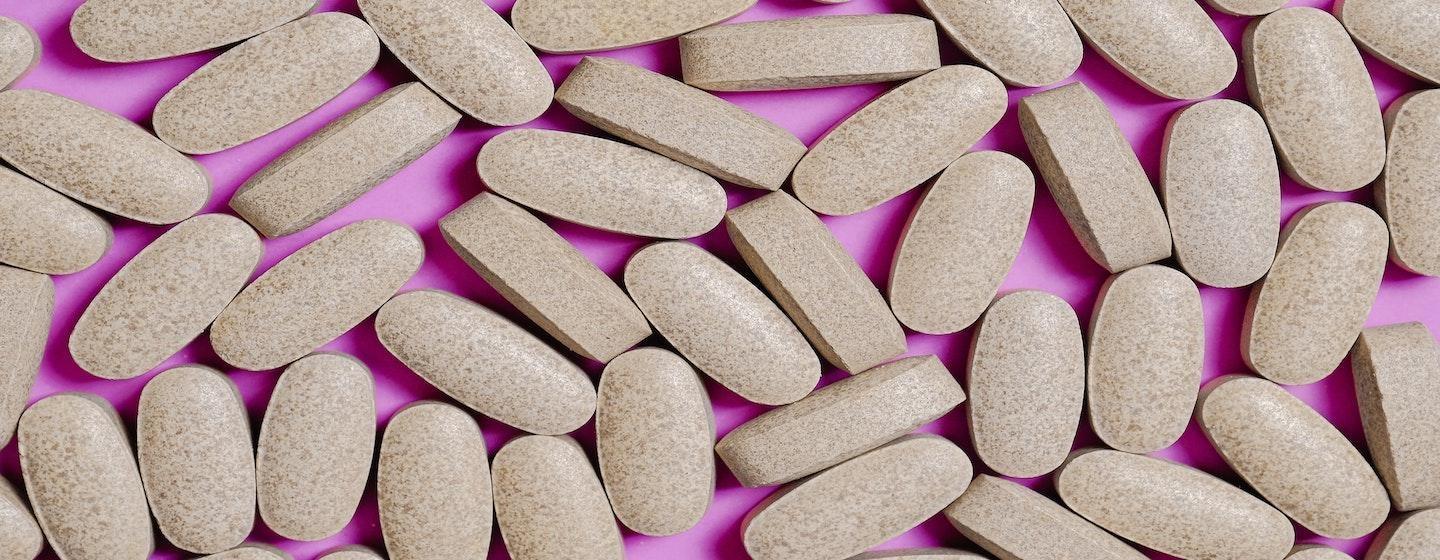UNC Chapel Hill Continues Rolling Out COVID-19 Treatments


We all know COVID-19 is deadly. Here’s a reminder of just how deadly it can be.
Data from the U.S. Centers for Disease Control show COVID-19 was the third leading cause of death in the U.S. in 2020, just behind heart disease and cancer. There’s a good chance COVID-19 will be even deadlier in 2021, since the Delta variant is more contagious and causes more severe symptoms, especially in those who are unvaccinated.
And while health officials maintain the COVID-19 vaccine is the most effective way to reduce your chances of experiencing the most severe symptoms of the disease, there are challenges to getting people vaccinated.
Vaccines have become too politicized and people refuse to get them. Vaccines are also not available yet in a large part of the world and it may take years to vaccinate people in some countries. And for some people, just the thought of getting a shot in the arm is enough to trigger a panic attack.
So, the next weapon in the fight to stop COVID-19 could be an antiviral medicine. Ideally, that means a daily pill, taken for five-to-ten days after the diagnosis of infection
“Oral antivirals have the potential to not only curtail the duration of one’s COVID-19 syndrome, but also have the potential to limit transmission to people your household if you are sick,” Tim Sheahan, a virologist at the UNC’s Gillings School of Global Public Health told CNN.
That’s right, the medicine has the potential to stop the spread of illness early, possibly prevent symptoms and stop the spread of COVID-19.
Ironically, just as the development of the COVID-19 vaccine was guided by the earlier work on vaccines against other forms of coronaviruses (SARS, MERS), this new antiviral drug is influenced by other antiviral medicines already on the market.
By the way, you’ve heard of antiviral medicines before, but you may not realize it.
One of the best known is Tamiflu, which can shorten the duration and ease the symptoms of influenza. Antivirals are also in use against hepatitis C and HIV.
And there’s already one antiviral drug approved to treat COVID-19. Sheahan and other scientists at UNC Gillings helped develop Remdesivr. However, the drug is given intravenously and is meant for patients whose symptoms are severe enough to require hospitalization.
The new antivirals under development will be in pill form.
There are three antiviral medications that are being tested in clinical trials and showing promise.
They all work by interfering with the enzyme the virus needs to multiply, thus blocking the virus’s ability to replicate in human cells. That reduces the patient’s viral load, which shortens the infection time and prevents the dangerous immune response that can lead to serious illness, hospitalizations and death.
The most promising oral medication is called molnupiravir. It’s developed by Merck and Ridgeback Biotherapeutics and clinical trials are underway. If all goes well, the company says it will apply for emergency authorization from the federal Food and Drug Administration by the end of 2021.
Pfizer announced it is testing a drug PF-07321332, according to a company statement. The drug would be given with a low dose of ritonavir, which is widely used in combination treatments for HIV infection.
The third medicine is AT-527, which is developed by Roche and Atea Pharmaceuticals.
If the antiviral pills are approved, they would join the monoclonal antibody therapies already used to treat COVID-19. The monoclonal antibodies are produced in a lab and mimic the body’s natural response to infection. But this treatment must be given intravenously.
It’s important to note that the antiviral pills would still be no substitute for vaccination, but it would be another tool to fight COVID.
“It’s a game-changer because it is easy to administer, it’s easy to store, it’s easy to distribute and it’s also relatively easy to produce,” adds J. Victor Garcia-Martinez, an infectious disease expert at UNC Chapel Hill who is involved in the research.